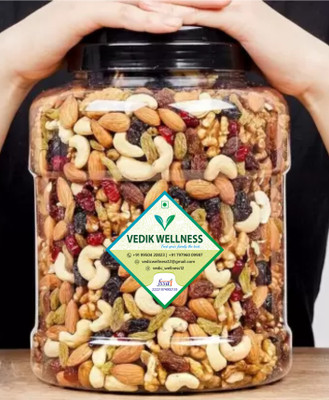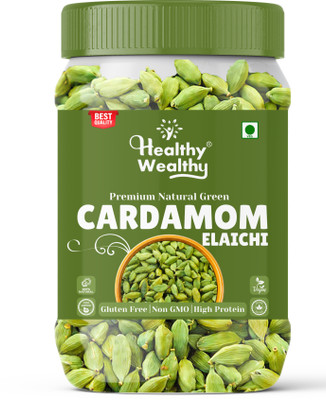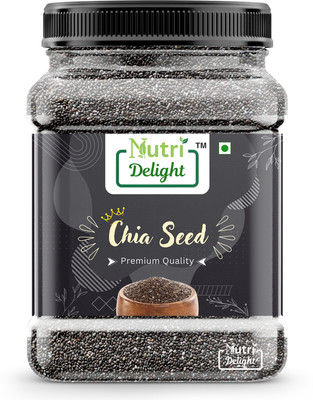
BJUBAS Organic Ginger seeds Pack of 13 Seed (13 per packet)
Share
BJUBAS Organic Ginger seeds Pack of 13 Seed (13 per packet)
Be the first to Review this product
₹184
₹350
47% off
Available offers
T&C
T&C
T&C
T&C
Delivery
Check
Enter pincode
Delivery by3 Sep, Wednesday
?
if ordered before 4:59 AM
View Details
Highlights
- Seed Type: Vegetable
- Suitable For: Outdoor
- Organic Plant Seed
- Seed For: Organic Ginger seeds Pack of 13
- Quantity: 13 per packet
Services
- Cash on Delivery available?
Seller
Description
Ginger, (Zingiber officinale), herbaceous perennial plant of the family Zingiberaceae, probably native to southeastern Asia, or its pungent aromatic rhizome (underground stem) used as a spice, flavouring, food, and medicine.
Read More
Specifications
In The Box
|
General
| Brand |
|
| Model Name |
|
| Quantity |
|
| Common Name |
|
| Flowering Plant |
|
| Suitable For |
|
| Type of Seed |
|
| Organic |
|
| Family |
|
| Scientific Name |
|
| Uses |
|
| Soil Nutrient Requirements |
|
| Sowing Method |
|
| Net Quantity |
|
Additional Features
| Care Instructions |
|
Be the first to ask about this product
Safe and Secure Payments.Easy returns.100% Authentic products.
Back to top











